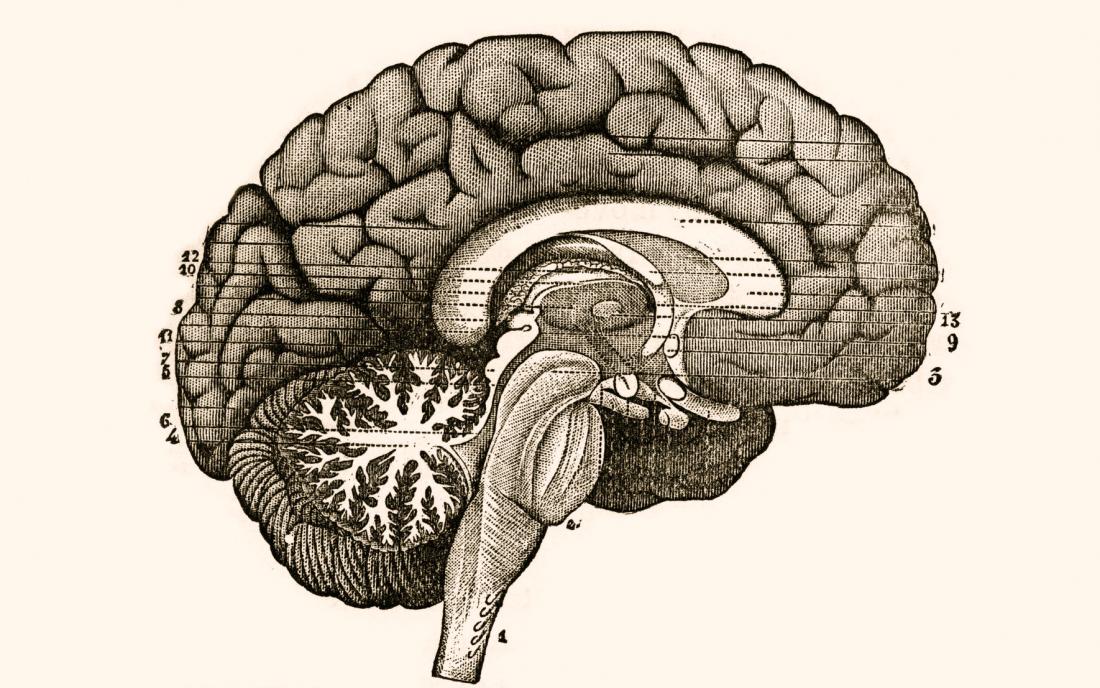
Alzheimer's: Poor air quality may contribute to cognitive decline
November 22, 2019
More evidence points to the idea that air pollution may increase the risk of Alzheimer's disease. A new study suggests that tiny polluting particles carried by dirty air can enter the brain, possibly contributing to cognitive decline.... Read More






